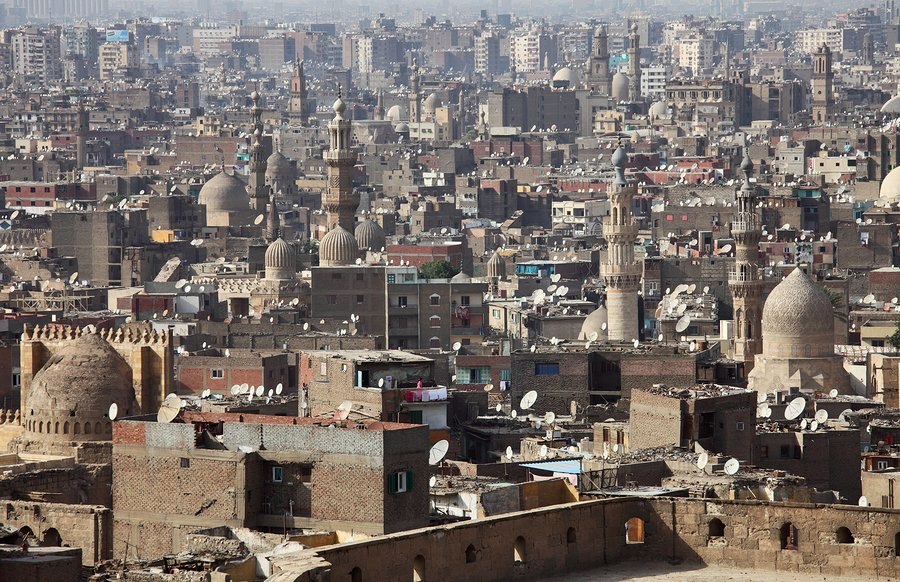
The Effect of Sectarian/Religious Tensions in Your Everyday Life
The recent bombing in Lebanon which killed Internal Security Forces intelligence chief Wissam al-Hassan appeared to have led to heightened sectarian tension in the country. Through this Lab we aimed to understand how aware Labs participants were of the Lebanese political system and whether or not they felt that the media overplays the role of sectarian tension in the unrest in countries such as Lebanon.
In Lebanon, there are a series of checks and balances in place that are meant to keep any one religious group from holding too much power, wherein major official positions must be of specific religious sects (e.g. the President must be Christian, the Prime Minister a Sunni Muslim etc.). The majority of Labs participants claimed to be aware of this system and almost half claimed that it is an effective system/model in principle, at least to some extent. On the other hand, more than a third stated that they felt that it is not an effective system/model in principle at all.
In terms of the role of the media, most agree that sectarian/religious tension is overplayed by the media in conflict situations such as those in Lebanon recently.
“Sometimes media is creating uncertainty to make breaking news for their channels or supported by some outsiders to take benefits.” Muhammad Athar Shah, Pakistan
“Media will manipulate a viewpoint to suit them.” Anon
“Depending on the viewpoint of the person controlling the media, the conflict may be overplayed to try to sway popular opinion in one direction or to make an area seem less stable than it is.” Jay, UAE
“Media shows what actually is there...And they doing commendable job reaching it those outside Lebanon, who otherwise will be totally unaware of situations like this.” Anon
“Media Always overplays” Sanford, UAE
“I have friends from Lebanon who were there during the violence, we used to chat online and Skype 2-3 times a week and it was a pretty normal vacation for them. There were no signs of violence but the media portrayed Lebanon as a country was under attack.” Anon